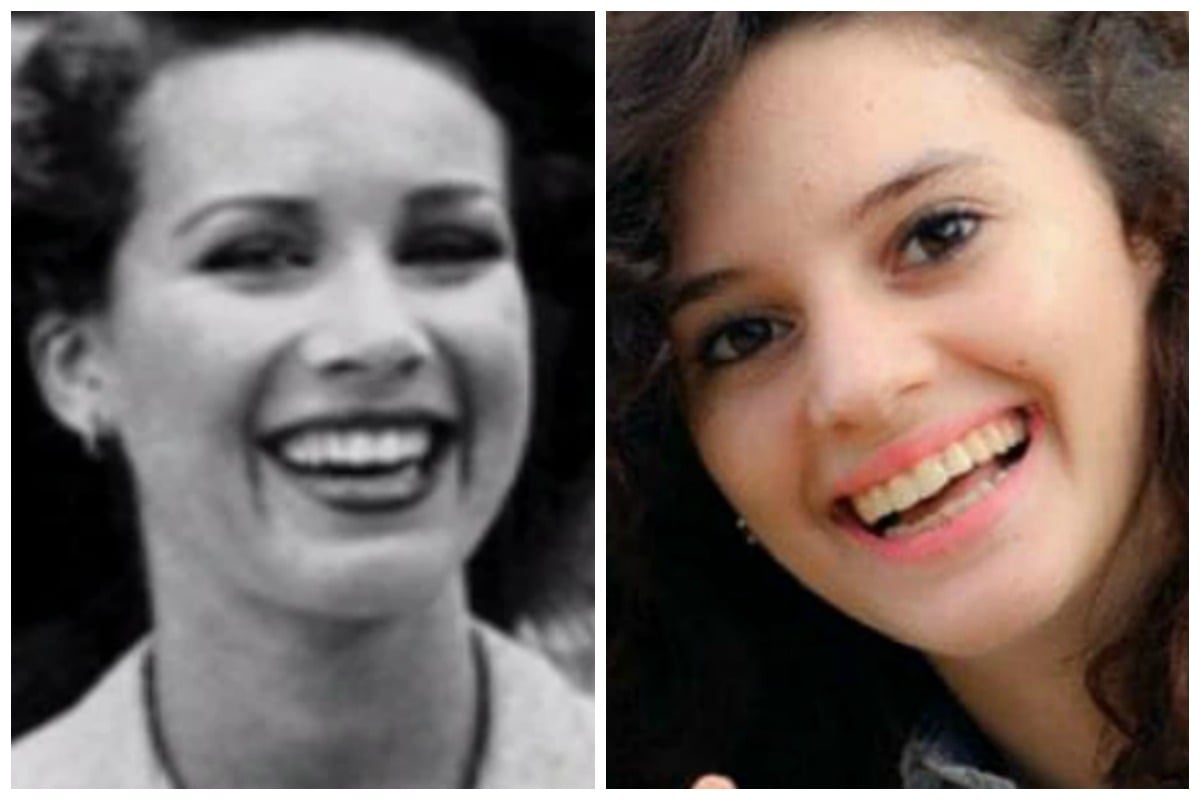
Mothers don’t tell daughters how Anita Cobby died.
They know, of course. There’s certain information one never forgets.
They don’t share the details that for decades have crept into their minds as they drift off to sleep. Or the flashes that haunt them as they walk home from a dimly lit train station. Or the sentences pulled from news reports that they suddenly remember, as their daughter dashes out the front door.
There are some things they hope their daughters never know.
It’s often said that an act of violence perpetrated upon one woman is internalised by all women. Much like terrorism, the threat is omnipresent, lurking behind every tree and hiding within every rundown car. The world itself is experienced through the prism of fear. Is there anything more oppressive than that?
Anita Cobby was 26 when she met friends for dinner in Redfern on a warm summer night in 1986.
The registered nurse left Central station at 8:48pm, and arrived at Blacktown station just before 10.
Usually, 26-year-old Anita would call her father at the station and he would pick her up, but this night all the surrounding pay phones happened to be out of order. There were also no taxis available at the taxi rank. It was a beautiful, clear night, and Anita decided to walk home.
It was 10pm when a gang of five men pulled up beside her in a stolen car, grabbed her, and dragged her in to the vehicle kicking and screaming. A number of witnesses on Newton Road in Blacktown heard the voice of a distressed young woman, and called the police.
That night, Lyn, the friend who dropped Anita off at Central station was awoken by a terrible nightmare. It was Anita, telling her she was dying.


Top Comments
I disagree with the sentiment of this article on a few levels.
Firstly, the circumstances of the crimes were very different and as someone else has stated, there have been many equally despicable and depraved crimes against women in the years that followed Anita Cobby's murder. To effectively call this murder the female 'murder of our generation' doesn't feel true. I personally felt a deeper dread following Jill Meagher's death despite previously living within walking distance of Aiia's murder.
Also, choosing to learn about the abhorrent circumstances of these deaths helps to educate me as to what society is capable of. Maybe I should be a little more wary if a guy is walking behind me at night because REALLY horrible things could happen if I ignore it. Knowing what these things are, although terrifying, gets my head out of the sand. I never in a million years would have thought I was in danger on a busy road like Sydney Road or Plenty Road or likely to encounter a serial rapist who could rape and murder me metres from the shops. As scary as that thought is, I now know better.
Sadly, the world isn't a safe place and the older I get, the more I learn that. Not telling me won't change anything other than giving me a false sense of security.
I agree, the nature of the crimes seems very similar. The two women even look the same even though from very different backgrounds. Its all horrifying, and we mustn't forget all the other women including Jill Meagher and Eurydice Dixon that have been murdered by monsters in our midst.